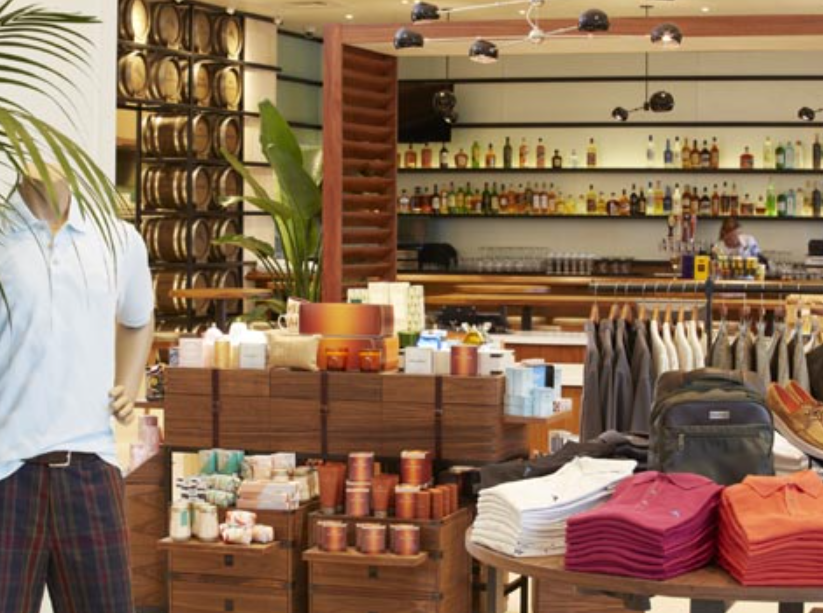
For years, restaurants have focused solely on food and service as their core offerings. But times have changed. Today, leading restaurants across the globe—and especially in India—are launching branded merchandise as an extension of their culinary identity. From tote bags to hot sauces, caps to coffee mugs, restaurant brands are turning into lifestyle brands.
Chef Shajahan M Abdul, founder of Restro Consultants Pvt Ltd (RCPL), says, “Merchandising isn’t just about selling products—it’s about building emotional connections beyond the plate. When guests wear your logo or cook with your spice blend, they become part of your story.”
Let’s explore why more restaurants are entering the merch space—and how your brand can profit from this growing trend.
Restaurant merchandise is any branded item sold or gifted by a food and beverage business. This includes:
Lifestyle products (tote bags, stickers, mugs, candles)
Chef Abdul points out, “Customers don’t just want to eat your food—they want to take a piece of your brand home with them.”
Why Restaurants Are Investing in Merchandise
1. New Revenue Stream
Margins in F&B are tight. Selling merchandise provides an additional, high-margin revenue stream that doesn’t rely on footfall or food costs.
2. Brand Visibility
When customers wear your t-shirt or use your spice mix at home, they become billboards for your brand.
Restro Consultants Pvt Ltd (RCPL) has helped several restaurants build merchandise lines that organically boost online and offline brand recognition.
3. Stronger Customer Loyalty
Merch turns a fan into a community member. People love exclusive items that reflect their tastes, personalities, and identities.
4. Social Media Buzz
Branded merch is shareable. Unboxing videos, selfies in your cap, recipes using your chutneys—these all turn into user-generated content that builds credibility and reach.
Best-Selling Merchandise Ideas for Restaurants
Restaurant consultants recommend starting with 3–5 core SKUs before expanding. Popular options include:
How to Launch Your Merchandise Line
Here’s a step-by-step framework from Restro Consultants Pvt Ltd (RCPL):
Step 1: Choose the Right Products
Start with items that connect directly with your cuisine or identity. For example, a South Indian restaurant might launch a sambar masala mix or a brass coffee filter kit.
Step 2: Design with Purpose
Good design matters. Work with local illustrators or branding agencies to create merchandise that looks great and aligns with your vibe.
Chef Shajahan M Abdul advises, “Merch should feel premium, not promotional. Make it worth buying, not just receiving.”
Step 3: Decide on Pricing & Packaging
Keep pricing accessible but with healthy margins. Package everything well—unboxing is part of the experience.
Step 4: Create a Selling Platform
You can sell:
Chef Abdul © Copyright 2024. All rights reserved.